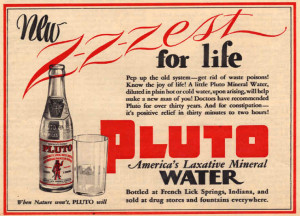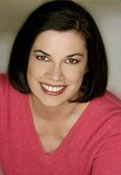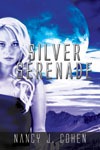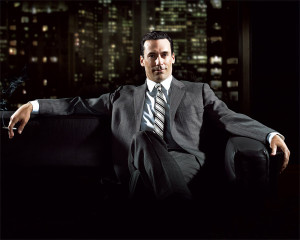So the other day I bumped into a writer I first met four years ago. He’s just now finishing up the manuscript he’d started way back then. When I asked him what his plan was for finding an agent, etc., it became painfully clear that he is missing some information that might improve his odds of getting published; unfortunately, he’s also harboring some mistaken notions that will hinder his chances. For example, he told me that he has a great cover idea for his book-to-be, and that he has developed a graphic that he’s planning to send out with his agent queries.To which I blurted out, “Oh God, don’t do that. Never do that!”
I spent the next ten minutes proselytizing about how writers who want to get published must educate themselves aggressively in the do’s and don’ts of the submission biz. We have to become like heat-seeking missiles, searching out information through professional writer’s groups, how-to books, conferences, and blogs like this one. The following pointers may seem obvious to readers of TKZ, because our readers are pretty savvy about this kind of stuff. But here goes–my Top Ten list of things not to do when you’re trying to get published:
- Don’t send your manuscript out without having at least two beta readers go over your work. Preferably run it by several beta readers. If more than two of them have an issue with something in your writing, fix it. Your words are not special snowflakes that have to be preserved at all costs.
- Don’t send out your manuscript if it still needs work. To determine whether it needs more work, see #1. I often hear writers complain when they get tired of rewriting. They say, “Oh, I’ll just send it out and see what happens.” And then what happens next? Nada much.
- Don’t start submitting your work without knowing how to compose a great query letter and sample. The best advice I’ve found on the web about querying is on the pages of Miss Snark, the Literary Agent. (Her blog is no longer being updated, but you can find everything you need in the archives.) And here’s a sample of a great query letter from agent Nathan Bransford’s blog.
- Don’t query an agent without knowing exactly what type of work that agent is looking for. (Do query him or her exactly as requested. You can usually find the agent’s requirements for submitting work on their web site.) One of the best resources I’ve found for learning about specific agents and the work they’re looking for is Jeff Herman’s Guide to Book Publishers, Editors, and Literary Agents.
- Don’t send a “sample book cover” with your query to an agent or publisher. Ever.
- Don’t mention in your query that your manuscript is the first book in a series. That’s the sign of an amateur. The agent and/or publisher will let you know if it can become a series.
- Don’t self publish unless you already have a track record as a published author. Even then, it’s probably better not to self publish. Unless you are Joe Konrath or you have an incredible platform, your book will vanish into the UUU (Unhappy Universe of the Unread).
- Don’t ever pay for any type of agent, “publishing service,” or entity that charges to publish your work. And be wary of contests that charge exorbitant entry fees. Some contests are legitimate, but check to make sure. Take a look at Predators & Editors before you sign on with anyone.
- Don’t be defensive or cranky when you get negative feedback about your writing, and don’t burn bridges with agents, publishers, or other writers (published or unpublished). It’s a small world, and bad manners will come back to haunt you if you act like a diva. Be gracious and professional with everyone.
- Here’s a completely gratuitous one on behalf of published authors: Don’t approach writers you meet casually and ask them to recommend you to their agent. Unless you are a close friend or a really great writer, it’s annoying as hell.
Of course, there are always exceptions. There will always be people who make every mistake in the book and still get published. Usually this will happen because their writing is so outstanding that the professionals overlook their beginner’s mistakes. But it doesn’t happen that way very often. Before I got my series contract, I tried to become a sea sponge, soaking up every morsel of wisdom and information I could find. I took courses at UCLA Extension, joined a critique group run by a former editor of a major publisher, went to writer’s conferences, joined ITW, Sisters in Crime and Mystery Writers of America. Basically, I sought out anything I could find that could improve my writing and my odds of getting published. In the end, it was all worth it.
What has your self-education journey been like, as a writer? Do you still feel you have some things to learn, and how are you going about it? Can you add any “don’ts” to my list?
–KL






 Nancy J. Cohen
Nancy J. Cohen
